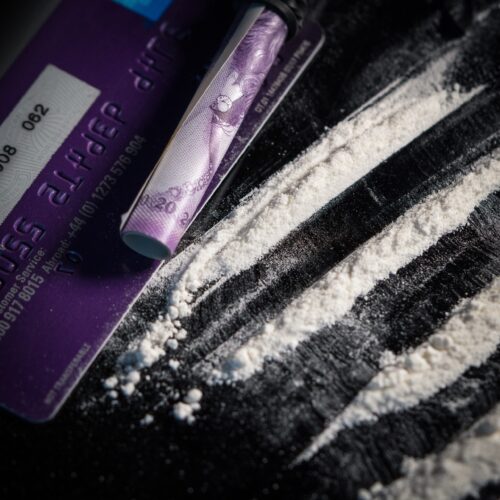Poppyseed ingestion has been clearly and repeatedly shown to be able to cause positive opiate results in urine tests, even at the Federally (US) mandated elevated level of 2000 ng morphine/ml.1
The first study, done by myself and others in 1987, demonstrated by GC/MS that morphine was present in both poppy seeds and post-ingestion urine, as had been demonstrated previously in European studies. Additionally, we and others found that there was a 10-100 fold variability in the morphine content of poppy seeds, with maximum reported levels of very near 300 mg/kg. This may account for some of the variable experiences of some of the commentators.
In order to report a positive urine opiate, a level of 2000ng/ml morphine and 10 ng/mlO-6-monoacetymorphine, a heroin-specific intermediary metabolite must be found. Unfortunately, this criteria results in loss of sensitivity in detecting heroin abuse, since this intermediate is only briefly present in urine.
So in summary, the presence of morphine in urine cannot be taken as a sure sign of opiate abuse unless poppy seed ingestion can be ruled out.
1. Clin. Chem. 33:806, 1987; J. Forensic Science 41:209-12, 1996; J. Anal. Tox. 27:449-452, 2003; Forensic Sci. Int. 143:183-186, 2004; and finally as stated in a review in Therapeutic Drug Monitoring 32:11-18, 2010.


